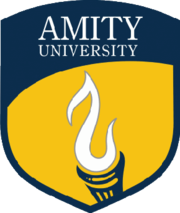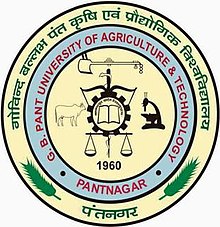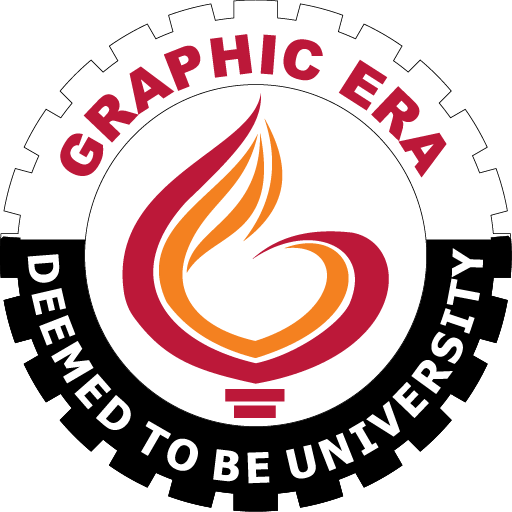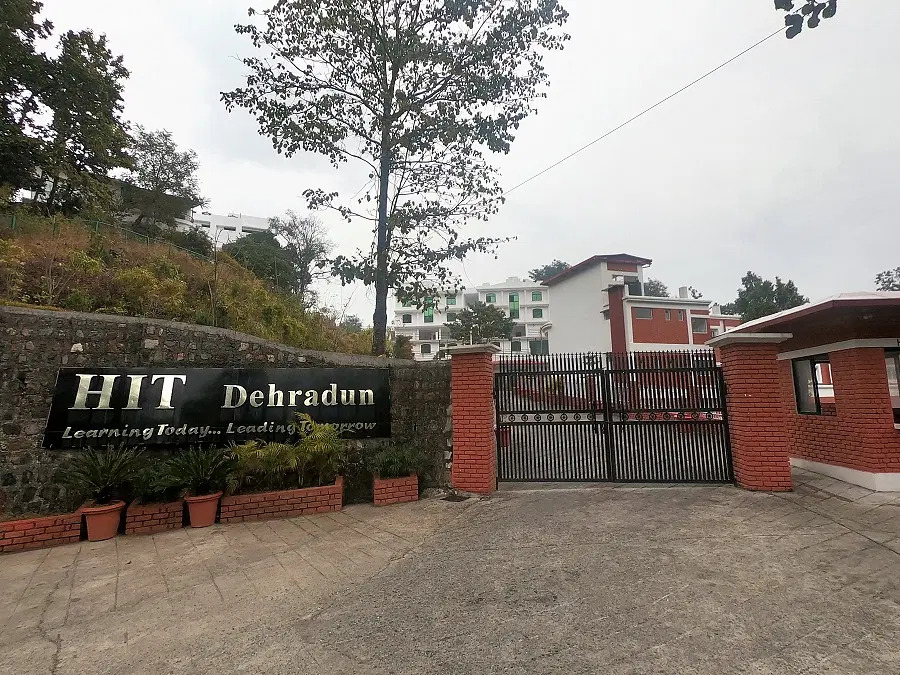What is B.sc Forestry
A Bachelor of Science (BSc) in Forestry is an undergraduate degree program that focuses on the study of forests and natural resources. It typically covers a wide range of topics, including the ecology, management, and conservation of forests, as well as the broader issues of environmental science and natural resource management.
Program Structure
The program structure of a Bachelor of Science (BSc) in Forestry can vary depending on the institution and country offering the program. However, a typical BSc Forestry program is structured to provide students with a comprehensive understanding of forest ecosystems, natural resource management, and sustainable forestry practices. Below is a general overview of the typical program structure:
1. Foundational Courses: These are introductory courses that provide students with a broad understanding of the fundamental concepts and principles of forestry. Examples include:
· Introduction to Forestry
· Forest Ecology
· Forest Biology
· Environmental Science
· Mathematics and Statistics
2. Core Courses: These are the main courses that cover the essential topics in forestry and natural resource management. They provide students with in-depth knowledge and skills in forestry-related subjects. Examples include:
· Silviculture (management of forest ecosystems)
· Forest Management
· Forest Inventory and Measurements
· GIS and Remote Sensing in Forestry
· Forest Policy and Law
· Wildlife Management
3. Elective Courses: These are additional courses that students can choose based on their interests and career goals. They allow students to specialize in specific areas of forestry or related fields. Examples include:
· Forest Genetics and Tree Improvement
· Forest Products and Utilization
· Forest Economics
· Climate Change and Forests
· Forest Fire Management
4. Fieldwork and Practical Training: Many BSc Forestry programs include fieldwork and practical training components to provide students with hands-on experience in forest management, conservation, and research. This may involve internships, field trips, or research projects conducted in forests or related environments.
5. Capstone Project or Thesis: Some programs require students to complete a capstone project or thesis in their final year. This allows students to apply their knowledge and skills to a specific research topic or problem in forestry.
6. Examinations and Assessments: Throughout the program, students will be assessed through a combination of written examinations, practical assessments, fieldwork reports, and projects. This is to ensure that students have a comprehensive understanding of the subject matter and are able to apply their knowledge effectively.
7. Optional Concentrations or Specializations: Some programs may offer optional concentrations or specializations within the BSc Forestry program, allowing students to focus on specific areas of interest such as forest ecology, forest management, or forest policy.
Specialization
Forest Management: This specialization focuses on the sustainable management of forest ecosystems for multiple purposes, including timber production, wildlife conservation, recreation, and ecosystem services.
Forest Ecology: This specialization focuses on understanding the ecological processes and interactions in forest ecosystems, including plant and animal communities, nutrient cycling, and disturbance dynamics.
Silviculture: This specialization focuses on the science and practice of managing forest ecosystems to achieve specific objectives, such as timber production, biodiversity conservation, or restoration.
Forest Genetics and Tree Improvement: This specialization focuses on the genetics and breeding of forest tree species to improve their growth, productivity, and resistance to pests and diseases.
Forest Economics: This specialization focuses on the economic aspects of forestry, including the valuation of forest resources, economic analysis of forest management practices, and policy analysis.
Forest Policy and Law: This specialization focuses on the legal and policy frameworks that govern forest management and conservation, including environmental regulations, land use policies, and international agreements.
Natural Resource Management: This specialization focuses on the broader aspects of managing natural resources, including water, soil, and wildlife, in addition to forests.
Forest Fire Management: This specialization focuses on the prevention, detection, and suppression of forest fires, as well as the ecological and social impacts of wildfires.
Urban Forestry: This specialization focuses on the management of trees and forests in urban and peri-urban environments, including tree planting, maintenance, and ecosystem services in cities.
Environmental Science and Conservation: This specialization focuses on the broader aspects of environmental science and conservation, including biodiversity conservation, climate change mitigation, and sustainable development.
Career Opportunities After Bsc Forestry
It is usually easy for forestry graduates to get a job in the private sector, and there are government job openings as there are plenty of B.Sc Forestry job opportunities. A B.Sc in Forestry graduate can appear for the Indian Forest Services(IFS) examination conducted by UPSC to work for the central government. The salary for a fresher is around INR 2.4-3 LPA, and for government jobs, the salary depends on the pay band. B.Sc Forestry course helps students build a rewarding career for themselves. Factors such as the person’s skills and the designation of the job also affect the salary. Forestry graduates can easily work for firms as a fresher or can prepare for higher studies. Here are the roles that a fresher can apply for:
- Forester
- Research Assistant
- Forestry Technician
- Forestry Staff
Some Basic Information of B.sc Forestry
| Criterion | Description |
| Educational Qualification | Typically, a high school diploma or equivalent is required, with specific subject requirements varying by program. |
| Minimum GPA | Many programs have a minimum GPA requirement, usually ranging from 2.5 to 3.5 on a 4.0 scale. |
| Prerequisite Courses | Some programs may require specific high school courses or subjects, such as mathematics, biology, chemistry, and physics. |
| Standardized Tests | Depending on the program and country, you may need to take standardized tests like the SAT or ACT. |
| Language Proficiency | If the program’s language of instruction is not your native language, you may need to demonstrate proficiency in that language. |
| Letters of Recommendation | Some programs may require letters of recommendation from teachers or other individuals who can speak to your academic abilities. |
| Statement of Purpose | A statement explaining why you want to pursue the degree, your goals, and how the program aligns with them. |
| Resume or CV | Some programs may require a resume or curriculum vitae (CV) detailing your academic and extracurricular achievements. |
| Interview | Some programs may require an interview as part of the application process. |

Amity University

GBPAUT Univeristy

Graphic Era University

